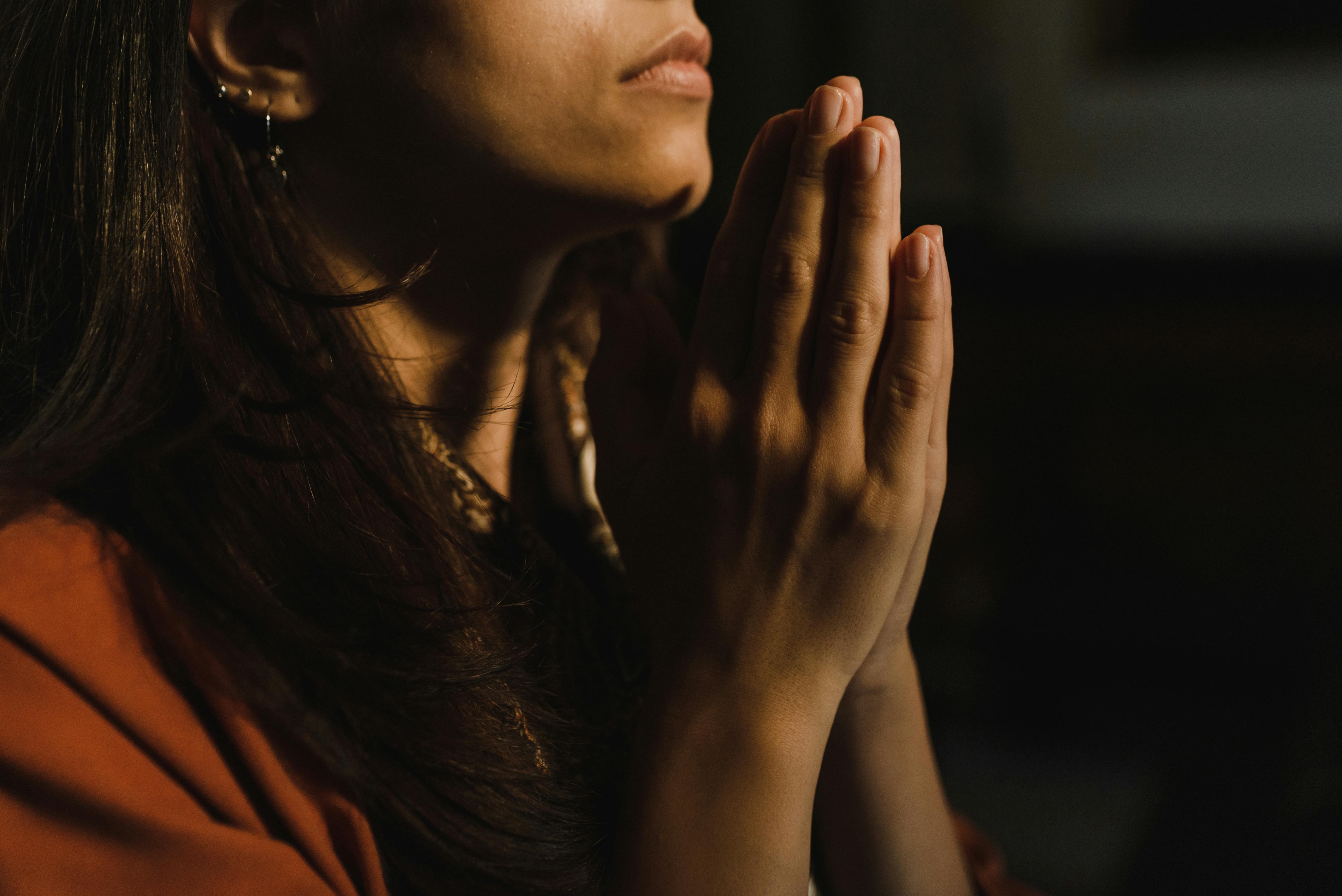Seeds Of Religious Freedom: The 500th Anniversary Of The Anabaptist Movement

As snow fell on Zurich’s narrow streets on January 21, 1525, a group of young Swiss reformers huddled inside Felix Manz’s home in the shadow of the Grossmünster cathedral. The air outside was frozen, but the room was filled with fervent prayer and intense discussion. This was a forbidden gathering. Zurich’s city council had prohibited these men from convening for Bible study.
The edict was to no avail. The smallest seeds of religious freedom had already been sown. By the end of the night, the first Reformation-era believers’ church was born.
Taking the Reformation Further
A few days earlier, the group’s former teacher, Huldrych Zwingli, a renowned biblical scholar, humanist, and Protestant reformer, had publicly disputed his disaffected students over the issue of infant baptism. As people’s priest of the Grossmünster, Zwingli was a magisterial reformer, enlisting the city council’s legal support to assist him in his changes to the Zurich church. The three leaders of the clandestine meeting on January 21—Conrad Grebel, Felix Manz, and George Blaurock—had argued convincingly for believer’s baptism. But the council had decreed Zwingli the victor, ordering his opponents to disband. To make matters worse, all unbaptized infants were now legally required to be baptized. Grebel, who had an infant daughter, didn’t believe councils should have authority over the church.
Ironically, it was Zwingli who taught Grebel, his former protégé and close friend, to reform the church strictly according to the Bible. Proficient in Hebrew, Greek, and Latin, Zwingli brought together a group of young intellectuals around him to learn the biblical languages and study the Greek classics. Grebel, who hailed from a distinguished local family and had studied in Paris before returning to Zurich, was introduced to the Greek New Testament—and the meaning of baptizō, the Greek word for “baptize”—by Zwingli.
By 1522, Zwingli began to agree with his zealous students that the Catholic Mass should be ended and that images should be abolished in public worship. But after arguing against these practices, Zwingli routinely capitulated to the council’s decision to keep them. From the pulpit, Zwingli preached biblical authority and the need to reform the church. But with his actions, he sought the local government’s approval. By late 1524, Zwingli’s students felt they’d been betrayed by the man who taught them not to compromise where Scripture was clear. In their view, the Reformation hadn’t gone far enough.
Pivotal, Epoch-Making Decision
An eyewitness to the historic meeting (probably Blaurock) later recounted in The Large Chronicle of the Hutterian Brethren, “It came to pass that they were together until anxiety came upon them, yes, and they were so pressed within their hearts. Thereupon they began to bow their knees to the Most High God in heaven and called upon him as the Informer of Hearts.”
Zwingli’s students felt they’d been betrayed by the man who taught them not to compromise where Scripture was clear. In their view, the Reformation hadn’t gone far enough.
After seeking guidance from the Lord in prayer, they made the pivotal, epoch-making decision to institute believer’s baptism. Young Grebel scooped up a handful of water and baptized his friend Blaurock since at that time there was no ordained minister to perform such work. In turn, Blaurock baptized Grebel, Manz, and the other men in the house. With this radical step, these “Swiss Brethren,” as they would be called, had launched the Anabaptist movement.
The next week, after preaching in the nearby town of Zollikon, Grebel and others sparked a small revival, winning a number of followers to the Anabaptist cause. And for the next century, Anabaptists experienced remarkable growth despite astonishing persecution.
Two years after their momentous meeting in Zurich, Anabaptists had developed enough as a movement to craft the Schleitheim Confession, which repudiated not only war but lawsuits and oaths as well. Theologians like Balthasar Hübmaier soon published treatises in defense of religious liberty and against infant baptism, to their peril. When Hübmaier fled to Zurich in 1528, he was eventually tortured and sent to Vienna to be burned in the public square. His wife was drowned.
Legacy of Martyrdom, Pacifism, and Religious Liberty
The Anabaptists didn’t contribute many significant systematic theologians relative to other Reformation-era traditions. The primary reason was that they didn’t live long.
Little more than a year after instituting believer’s baptism, Grebel, whom Zwingli once called the “Coryphaeus of the movement,” was dead of the plague. Manz, the “Apollo” of the group, was drowned in 1527, becoming the first Anabaptist martyr. Blaurock, the “Hercules” of the early Anabaptists who surpassed his friends in terms of ministry scope, was burned at the stake in 1529. One historian has conjectured that more Anabaptists were martyred at the hands of fellow Christians in the 16th century than were Christians martyred by Romans in the first three centuries of the church.
Every American Christian owes something to the small group of men in Zurich who advocated, however unpopularly, that a church should be subject to God’s Word and not to the councils of men.
Though events like the bloody, deranged Münster rebellion and figures like the Zwickau prophets have sometimes earned Anabaptists the nickname “radical reformers,” Anabaptists were best known by their contemporaries (as their heirs the Amish and Mennonites are today) for their extreme pacifism, typified by the writings of Menno Simons (1496–1561), the most influential Anabaptist writer.
On the 500th anniversary of the meeting of Grebel, Manz, Blaurock, and others in Zurich, perhaps the most lasting legacy of the Anabaptists today is their commitment to an early form of religious liberty—an idea that wasn’t celebrated by the major Protestant reformers despite their various achievements for the church. The Grebel circle’s “Letter to Thomas Müntzer” in 1524 is known today as “the earliest document of the Protestant free church.”
While later Baptists have distanced themselves from the “mad men of Münster” and while early Anabaptists didn’t always practice baptism by immersion like Baptists today, every American Christian owes something to the small group of men in Zurich in 1525 who advocated, however unpopularly, that a church should be subject to God’s Word and not to the councils of men.

